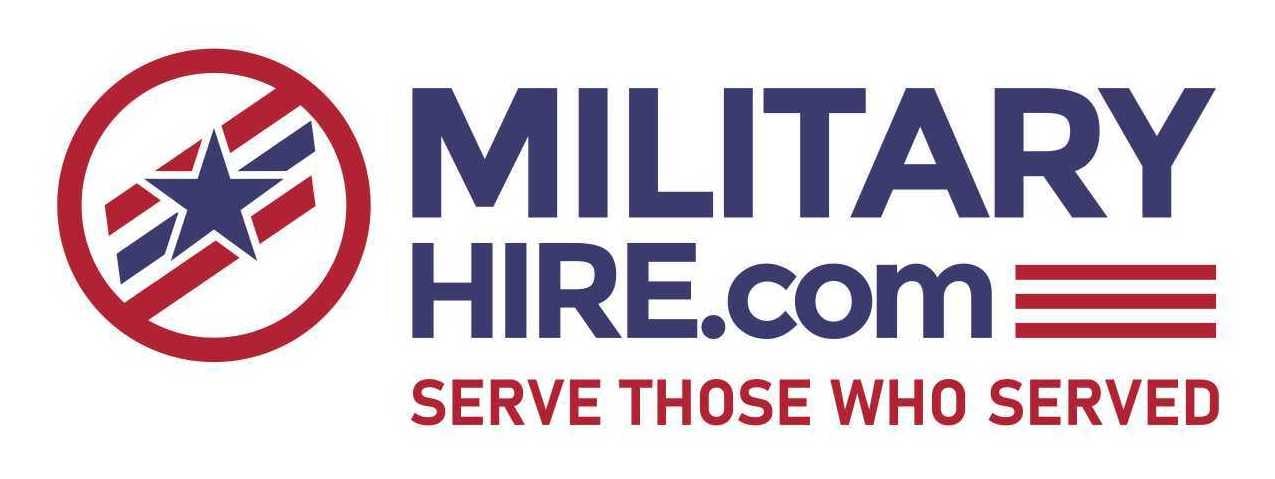Preparing for Your Video Interview
An interview—over the phone, or in person—is generally the first positive step in a job search process. Landing an interview is a must do to move on to the next, and final phase—landing the job! Unfortunately, it can often feel like a futile effort to get an interview despite sending out application after application, mining personal networks and doing everything in your power to get noticed and get that interview.
Here are some tips from business experts with a background in the military on how to get your foot in the door.
Make Sure You’re Taking a Targeted Approach
Susan Joyce is a USMC veteran (also married to a USN veteran, daughter of USAF and US Army veterans) and publisher/editor of Job-Hunt.org, a site she’s been running since 1998. Sometimes job seekers cast a net that is too wide. Focus can help, says Joyce. “You can’t have a successful mission without hitting the right target,” she says. “In this case, the target is your preferred job/career and target employers.” While job seekers are obviously eager to get a job—sometimes any job—Joyce cautions against being too flexible or “open to anything.” A lack of focus, she says, “means lack of appropriate networking efforts, information collection and online visibility.”
Instead, she advises: “Learn as much as possible about the target jobs and employers so you can either be very successful reaching those targets or adjust your aim to find better targets if you learn things that make you change your mind about a job or employer.”
Paul A. Dillon, CMC, also points to an emphasis on accomplishing the mission as a key benefit that veterans bring to organizations. “The military is extremely mission focused,” he says. “The whole idea in the Armed Forces is to seize the objective—to capture or kill the enemy—while, at the same time, ensuring the integrity and welfare of your troops. You can’t get distracted by small things along the way. You need a vision of what your battle plan is going to accomplish, and then execute that plan flawlessly.” Dillon is the owner/founder of Dillon Consulting Services, LLC, and an Accenture Visiting Professor of the Practice with Sanford School of Public Policy. He is retired from the McGladrey accounting firm and is a former U.S. Army Reserve 1st Lieutenant who fought in the Vietnam War.
Speak the Language of a Civilian Employer Audience
Rebecca Wareing is a managing consultant with the professional search division for ZRG, an executive recruitment firm, where she is focused on the aerospace, defense and industrial manufacturing industries. She is an Army veteran who served in Bosnia in Operation Joint Forge.
When we spend a lot of time in a particular industry interacting with people like us, it’s easy to fall into speaking a language that only our “in group” understands. And that’s certainly true for those with military experience, says Wareing. It’s important, she says, to “make sure your resume highlights your experience in a way the civilian audience can understand.” For instance, she says: “It’s far better to say: ‘Coordinated operations support for a 200-person team’ than it is to say, ‘served as command S2’.” Ask a friend outside of the military to take a look at your resume and cover letter to see if they can understand what you’re trying to say, Wareing recommends.
Another important best practice here is to make sure that you’re mining the value of the military experience you’ve had by translating that experience into skills that resonate with potential employers. “Most employers get excited about people who have team leadership experience, training experience and global business experience,” says Wareing. “You may have all of that experience but have never considered it as part of your job description,” she says. Make sure this comes through in your resume and application materials.
Take Steps to Clear Up Potential Misconceptions
It’s not uncommon for those outside of the military to consider those with service experience as, perhaps, being overly rigid and inflexible. “When most people think about military service, they think that it’s all just about the rigidity of following orders,” Dillon says, acknowledging that this is true—in part. Military personnel do, of course, need to follow orders. But he adds: “What most people never see is that the military teaches you to think and act flexibly, so that if your battle plan isn’t working, you pivot immediately to a plan that does. You have to do that, if your plan isn’t working—you have to be quick and think on your feet—or, you risk defeat and death at the hands of the enemy. Flexibility and immediate action are key to survival.”
And these are important things to point out through your resume and cover letter.
Pay Attention to the Passive Signals You May Be Sending
Submitting a resume or job application is an active means of indicating your interest in a position and sharing information about yourself. But in this digital age, where social media channels abound, it’s important to be on top of the passive signals you may be sending.
“For most professions today, that means a focused, clear, complete and robust LinkedIn profile,” says Joyce. “It is more important today than a good resume.” The best profiles, Joyce says, are clearly focused on the target job and employers that candidates are interested in connected with. LinkedIn profiles, she says, should be considered to be both personal marketing and personal online reputation management.
There are a lot of benefits that veterans can bring to the workplace in a wide array of industries. You know that. But the challenge is clearly conveying the benefits you can bring during the application process so you can get in the door and tell them face-to-face about the value you can bring. The tips above can help.

